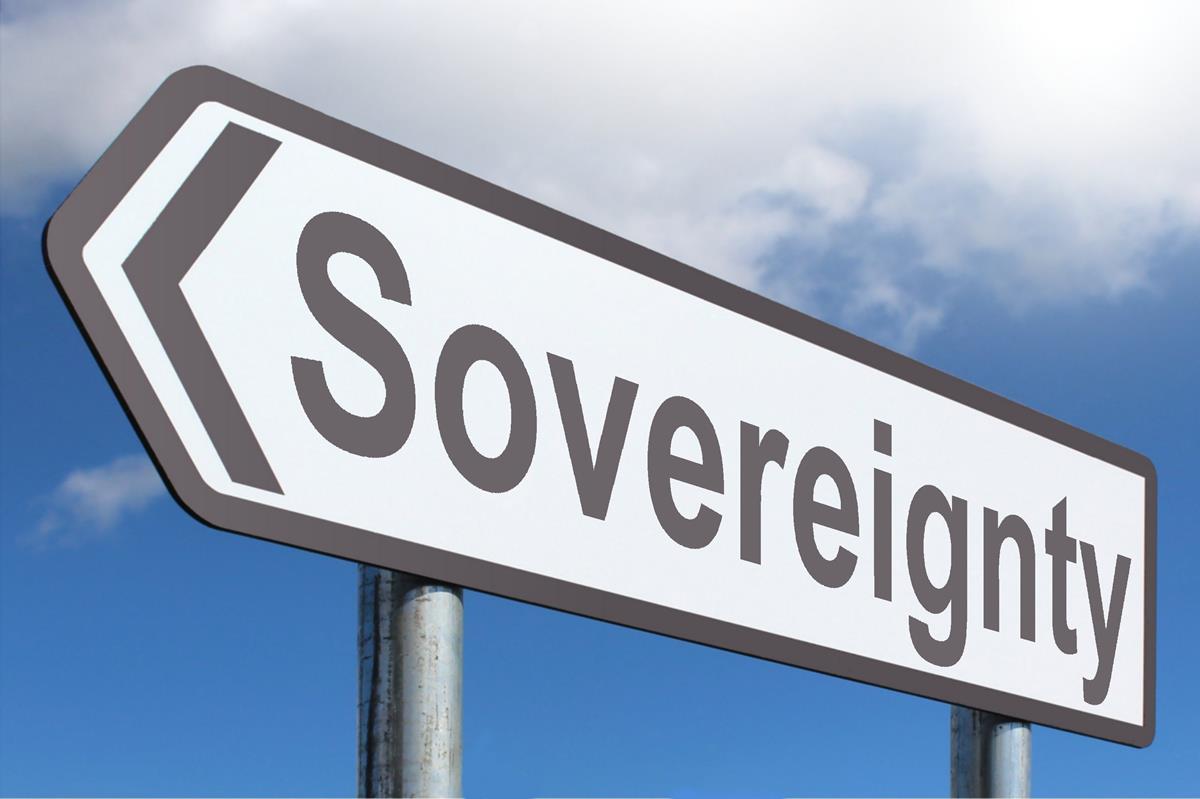
(Sovereignty. Image by Nick Youngson)
This week we listen to a panel discussion hosted by Allies Decolonising(link is external).
The event, Sovereignty, Treaty and Constitutional Recognition(link is external) brought together Aboriginal community members to discuss the treaty process and Aboriginal sovereignty.
Panelists
Lidia Thorpe is a Gunnai-Gunditjmara woman, living on Wurundjeri country in Melbourne’s north. She is a community worker, mother and grandmother. Lidia has spent decades fighting for Aboriginal rights and the environment, including fighting to successfully save a million-year-old gorge in Nowa Nowa, East Gippsland and becoming the first Aboriginal woman to serve in the Victorian Parliament.
Crystal McKinnon is a Yamatji woman who lives and works on Kulin country. She has worked at many universities and Aboriginal community-controlled organisations, and she is currently working at RMIT as a Vice Chancellor’s Indigenous Research Fellow. In one of her projects at RMIT, Crystal is working with a team on an Australian Research Council Discovery Indigenous Project named: Indigenous Leaders: Lawful Relations from Encounter to Treaty. Her work has looked at concepts of Indigenous sovereignty, Indigenous social movements and protest, and Indigenous resistance through the use of the creative arts, including music and literature.
Paola Balla is a Wemba-Wemba & Gunditjmara woman living on Kulin Country. She’s worked in Koorie community arts as an artist & curator & in education at Moondani Balluk Indigenous Academic Centre at Vic Uni & the Indigenous Arts and Cultural Program at Footscray Community Arts Centre. Her work focuses on self-determination & sovereignty within the arts & is a member of the Blak Brow Collective who edited Blak Brow for the Lifted Brow. Her PhD research focuses on Indigenous women’s disruptions & resistance through art. Her work is based on sovereignty, matriarchy & First Nations ways.
Event Moderator
Clare Land is a historian at Moondani Balluk at Vic Uni, and author of the book Decolonizing Solidarity which outlines how people like her might emerge towards being less racist, and how she can better use privileges she has access to in support of Aboriginal struggles. Her knowledge and politics have been shaped in particular by Gary Foley, Dr Uncle Wayne Atkinson, and by the Thorpe family.
Jiselle Hanna